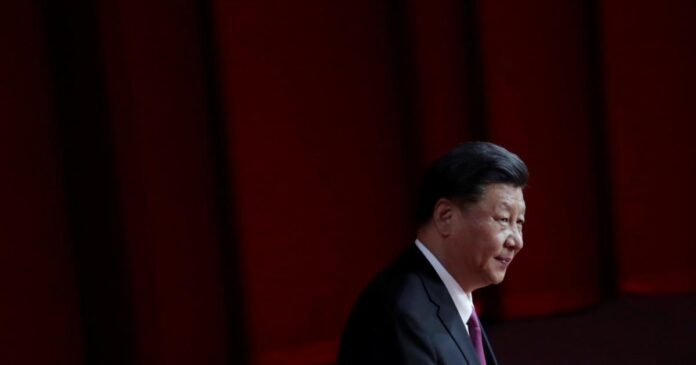Author: Suzanne Nossel
Affiliation: PEN America (Nonprofit, defends human rights through the advancement of literature)
Organization/Publisher: Foreign Policy
Date/Place: October 5, 2020/USA
Type of Literature: Argument
Word Count: 1989
Link: https://foreignpolicy.com/2020/10/05/how-to-stop-the-export-of-authoritarianism/
Keywords: China, Beijing, CCP, Authoritarianism, Human Rights.
Brief:
Suzanne Nossel states that China’s ruling Communist Party (CCP) is an example for being number one among international governments in threatening the global human rights system. The fact that China has signed international agreements does not change the reality that there is no guarantee for rights to free expression, religious liberty, fair trials, freedom from torture and forced labor. Despite the US’ prediction that China’s economic integration with the West would sooner or later lead to the country’s opening and the transformation into a “freer society,” Beijing’s rejection of human rights especially has always been persistent. The capital city further strongly supports its claim that authoritarianism is essential for economic prosperity and civic stability. Beijing’s well-known brutality towards the Uighurs in Xinjiang, mass censorship, social and media controls even influence democracy in Hong Kong. Suzanne Nossel lists how the Chinese government is gaining influence in the West, such as through expanding its network of universities, governments, technologies, and corporations “that are willing to compromise on Western values to assure access to Chinese money and markets.” This influence on the international arena is so huge, that Chinese capital is now able to order which kind of stories can be told in Hollywood, as well as which kind of online games and books can be published. There is neither proper scrutiny nor transparency that can illustrate the amount of assault on academic and artistic freedom, privacy, and other human rights’ norms conducted by Beijing. Suzanne Nossel concludes by foreseeing that a stronger China will lead seemingly unavoidably to more uncertainty in the future of human rights and democracy.
By: Dilek Yücel-Kamadan, CIGA Research Associate




